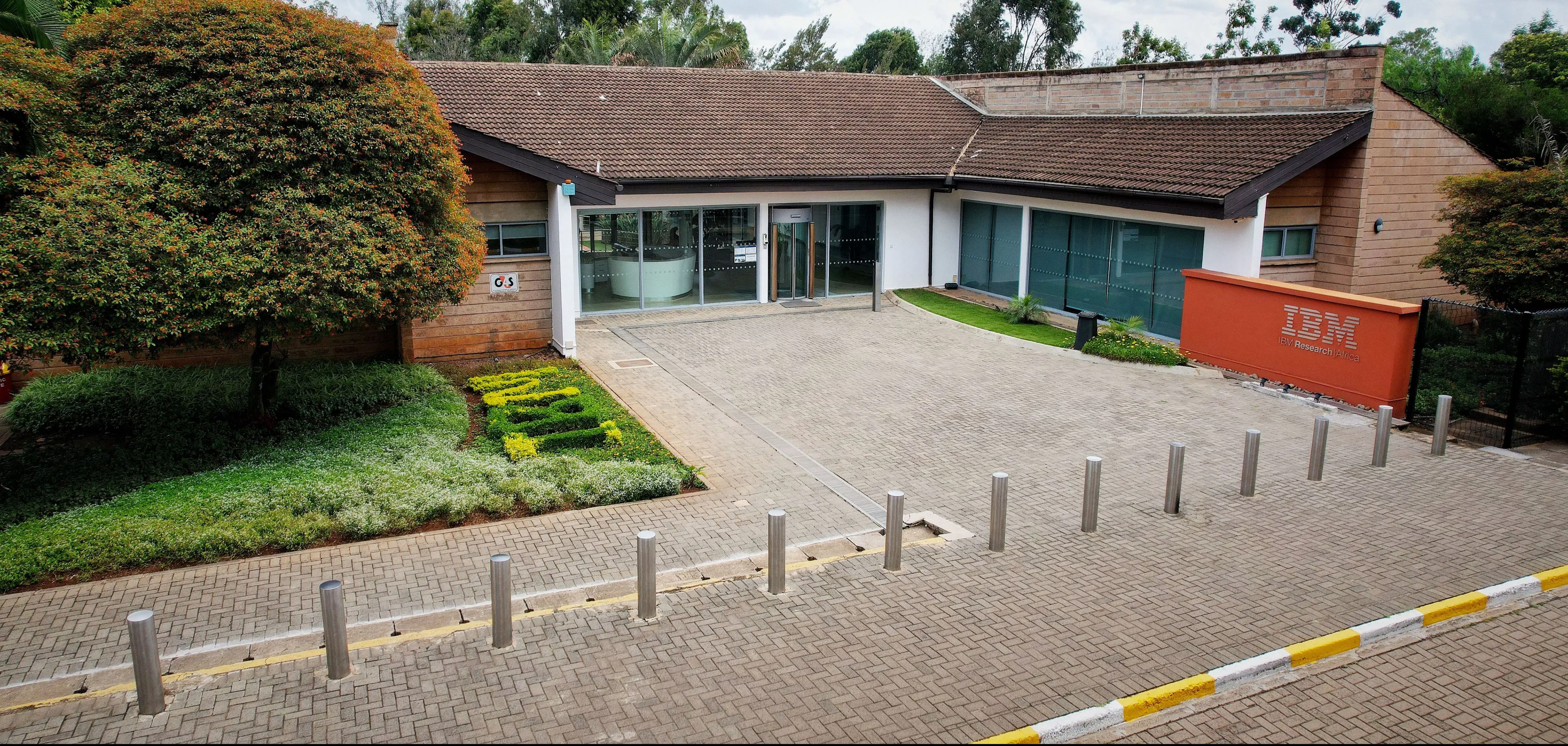Africa
Founded in 2013, IBM Research – Africa develops new technologies to transform lives and spark new business opportunities. We conduct research in key areas such as water management, agriculture, transportation, health care, financial inclusion, education, energy, security, and government. With facilities in Kenya and South Africa, we foster local innovation ecosystems and have created new models for partnerships with industry, academia, government, non-profits, and start-ups.
Meet the team
Our team fosters an inclusive culture that allows our researchers to create, maintain, and support world-class applications and infrastructure, in collaboration with distinguished research scientists and developers around the globe. As a group of researchers, scientists, technologists, engineers and designers, we are inventing what’s next in computing.
Sibusisiwe Makhanya
Skyler Speakman
Projects
Enabling the scientist and the scientific software developer to rapidly harness the most advanced new techniques in a cloud-native environment.
Using Logical Neural Networks to demonstrate the benefit of incorporating knowledge and reasoning into neural network learning
A tale of adversarial attacks & out-of-distribution detection stories in the activation space
Developing a general knowledge representation framework to facilitate effective reasoning over multiple sources of imprecise knowledge.
News
Location
Johannesburg
Address
45 Juta Street
Johannesburg, 2000
South Africa
+27 112 769 200
Nairobi
Address
Catholic University East Africa
Lang’ata Campus,
Seminary Drive off Lang’ata Road,
Nairobi
Kenya
+254 703 023 000
Join our team
We’re always looking for people excited to make a difference. See our open positions and help us invent what’s next.
